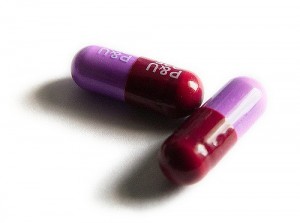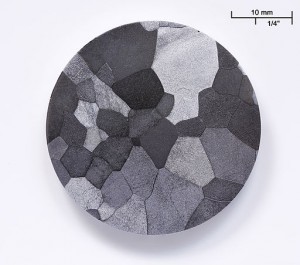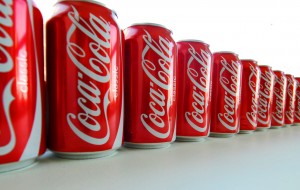As medicine and pharmaceutics constantly develop each year, millions of antibiotics are available for public with or without prescriptions. We can easily get antibiotics from drugstore at low costs. Yet, many researchers denote how the overuse and over-dependence on antibiotics could cause a devastating crisis in the future.
The more people depend on antibiotics and doctors prescribing unnecessary drugs, the antibiotic-resistant bacteria will emerge and in worst case, people could die due to these bacteria. Already, according to the Centers for Disease Control and Prevention, at least two million Americans fall ill from antibiotic-resistant infections each year, of whom at least 23,000 die from the infections. This issue is especially more serious in developing countries or countries with poor health services because most of the people cannot afford to see the doctors and just rely on antibiotics that are sold in drug stores. Bacteria such as MRSA, CRE and salmonella are already classified as “serious threats” and kills high percentage of people who become infected with it.

This TED-Ed video explains the cause of antibiotic resistance.
Another big problem we face is that the pharmaceutical companies are not developing new antibiotics to cure these infections. Most likely because there are too many deforms to the bacteria and they are created so quick which makes inventing new antibiotics pointless and unprofitable. Many scientists call such catastrophe which could happen in the future as, ‘Post-antibiotic era’.
The best way to protect ourselves from these bacteria is to not rely on antibiotics unless they are crucial in curing. For example, flu and common cold can be cured without drugs although they may take longer to cure if we rely solely on our immune system. Moreover, we should raise our voice to the government to regulate doctors and even pharmacists to minimize prescribing antibiotics as well as to prohibit more drugs that are freely available in stores.

This video talks about the topic introduced above, ‘post-antibiotic era’





